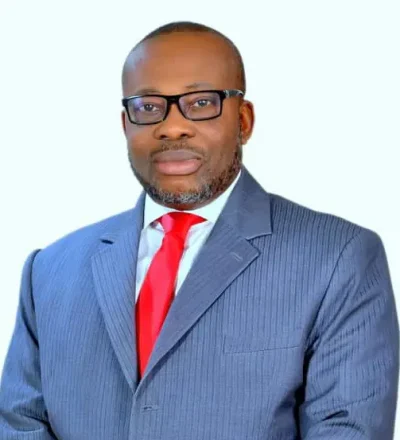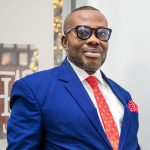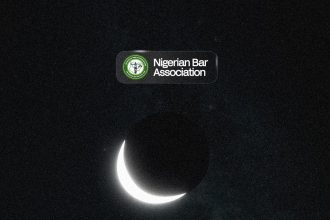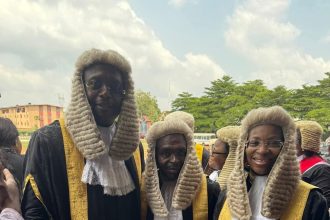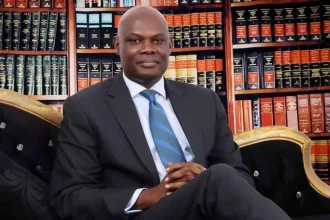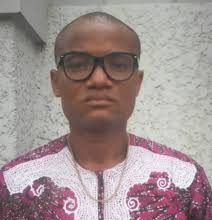The recent decision by the outgoing Chairman of Bariga Local Council Development Area (LCDA), Hon. Kolade Alabi David, to rename the popular Charly Boy Bus Stop to Baddo Bus Stop in honour of Nigerian music icon Olamide has sparked widespread concern.
While this move may seem harmless — even admirable — to fans of the artist, it belies a more troubling trend with far-reaching implications: the silent and systematic erasure of street names that reflect the cultural heritage of non-Yoruba residents in Lagos.
This is not the first time such a policy has surfaced in Lagos. Over time, a once proudly cosmopolitan city that welcomed all tribes and identities is slipping into an ethnocentric narrative, where public spaces previously named in honour of non-Yoruba contributors are being renamed without public input or justification.
This practice is not only retrogressive — it is dangerously tribalistic. In a nation already grappling with deep-seated ethnic tensions and fragile national unity, policies that exclude or marginalise certain groups must be viewed for what they are: divisive acts with the potential to fracture the very soul of our federation.

To date, no official explanation has been offered for this wave of renaming. Were the original names illegal or wrongly conferred? Were they not approved by the appropriate governmental authorities?
More importantly, do these names not represent a period when Lagos stood as a symbol of inclusiveness, enterprise, and inter-ethnic harmony?
The absence of policy transparency and stakeholder engagement suggests something more sinister — an attempt to revise Lagos’ cultural history in a way that excludes, if not outright erases, the contributions of ethnic groups like the Igbo, whose presence and investments in Lagos are both historic and ongoing.
Nigeria is already on edge — strained by insecurity, leadership deficits, economic hardship, and ethnic profiling. At a time like this, even the most subtle form of state-backed ethnic exclusion must be rejected outright. Such actions, no matter how local, carry national consequences.
As someone who has lived and worked in Lagos since the 1980s, I speak not from a distance but from experience. I built my law practice here. My clients, friends, colleagues, and church members come from all over Nigeria.

I have also served as Chairman of the Nigerian Bar Association, Ikeja Branch — an office that deepened my understanding of Lagos’ diversity and the value of our collective identity.
The Lagos I knew — and still want to believe in — is one where tribe takes a back seat to talent, unity, and mutual respect. What we see now betrays that legacy and undermines the progressive image of the Yoruba people, who have historically been celebrated for their education, political maturity, and broad-mindedness.
It is particularly disheartening that some Local Government Chairmen are at the forefront of this ethnocentric drift, unaware of the long-term damage it poses. Policies like these do not go unnoticed.
The international community, investors, and ordinary Nigerians across the federation are watching — and the signals being sent are deeply troubling: signals of growing intolerance, exclusion, and political insensitivity.
If streets named after non-Yoruba figures are being deliberately removed without any link to criminality or misconduct, then what message is Lagos sending? That the state is now the exclusive domain of one ethnic group? That there is no room in public memory for the contributions of others?
It is not enough to honour one music legend while discarding another who holds historical or sentimental significance. Such selective memory sends a message of hostility, not hospitality — and if allowed to persist, it will tear at the fabric of coexistence that Lagos has long symbolised.
I write not only to raise alarm but to seek answers:
- What informed these renaming decisions?
- Were residents consulted?
- Was any community engagement held?
- What policy framework guided these changes?
The Lagos State Government and the Ministry of Local Government and Chieftaincy Affairs owe the public a comprehensive explanation. Anything less is unacceptable in a democratic society.
Policies that erase or marginalise sections of the population are the antithesis of democracy, federalism, and national integration. Lagos must not become the theatre for ethnic cleansing by street sign. This tide must be halted — and reversed — before it becomes institutionalised.
If allowed to fester, this trend will erode the modest progress we have made in building bridges across Nigeria’s tribal divides. It is regressive, unproductive, and ultimately dangerous.
Let us remember: the greatness of Lagos — and of Nigeria — lies not in the dominance of any one group, but in the peaceful coexistence, mutual respect, and celebration of our rich diversity.
Let public policy not be a tool of systemic hatred. Let Lagos remain the city where every Nigerian finds a home.
This is not just a critique — it is a solemn plea.
Signed:
Dr. Monday Onyekachi Ubani, SAN
Legal and Policy Analyst
#LagosForAll #StopEthnicErasure #UnityInDiversity #StreetRenamingControversy #LagosHistoryMatters



